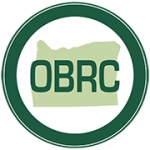
An Oregon Vision with Industry Stewardship
Oregon’s Bottle Bill holds the beverage industry responsible for retrieving and recycling its beverage containers – allowing industry to be flexible and creative in fulfilling this responsibility. This unique partnership between public policy and private industry remains one of the most prominent success stories in Oregon history and helped Oregon achieve the nation’s highest redemption rate in 2024.
Incentivizing Recycling
In the late 1960s, America faced a new litter problem. Single use beverage containers were hitting store shelves across the country, offering a new convenience to consumers, but also presenting a tough new problem for policymakers. Because containers were viewed as disposable, and because consumers had no incentives or recycling pathways available to return them, they either ended up in landfills, or worse, were littered along pristine public beaches, waterways, roadsides and other special places.
In Oregon, citizen advocates like Richard Chambers and lawmakers like Paul Hanneman began advancing the concept of a deposit return system, where consumers would have a financial incentive to return their containers for recycling. While their objective was to create the nation’s first Bottle Bill, the program’s architecture remained an open question. Hanneman and Oregon’s Bottle Bill proponents decided to avoid constructing an expensive new public program within the state’s bureaucracy, and instead placed the full responsibility of operating the system on the beverage industry.
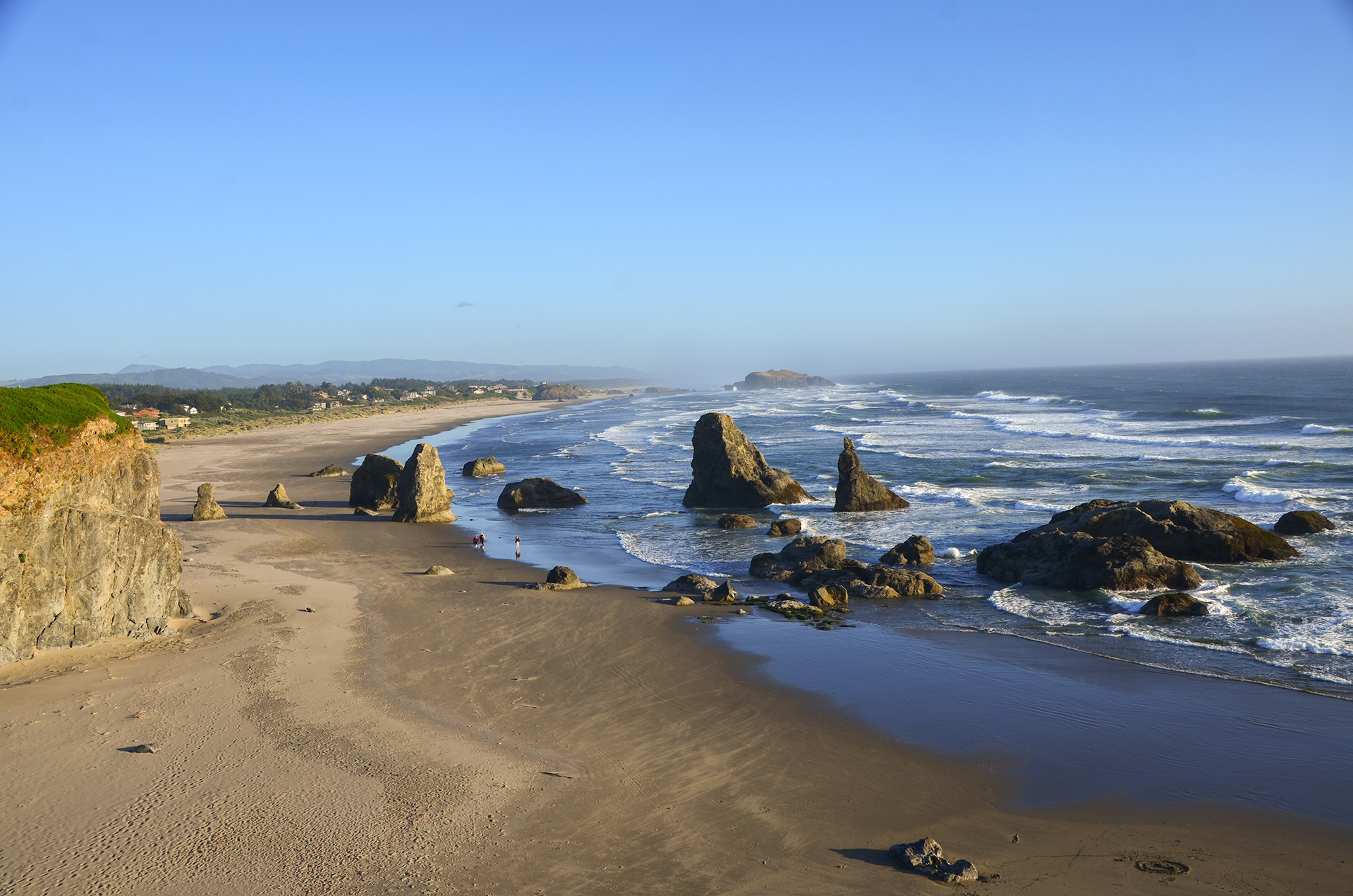
Aspirational, not prescriptive
The 1971 Bottle Bill established a refund value for containers in state law, which provided a meaningful incentive for participation. Further, the new law defined how and where consumers could return containers, which ensured convenient access. But the statutory “prescription” stopped there, allowing the beverage industry to get creative in helping achieve the state’s aspirations. By making beverage distributors responsible for operating the system and requiring that retailers participate in the recovery of packaging, the Oregon Legislature created America’s first Extended Producer Responsibility (EPR) program, though it would be decades before that phrase would enter recycling and packaging stewardship discussions.
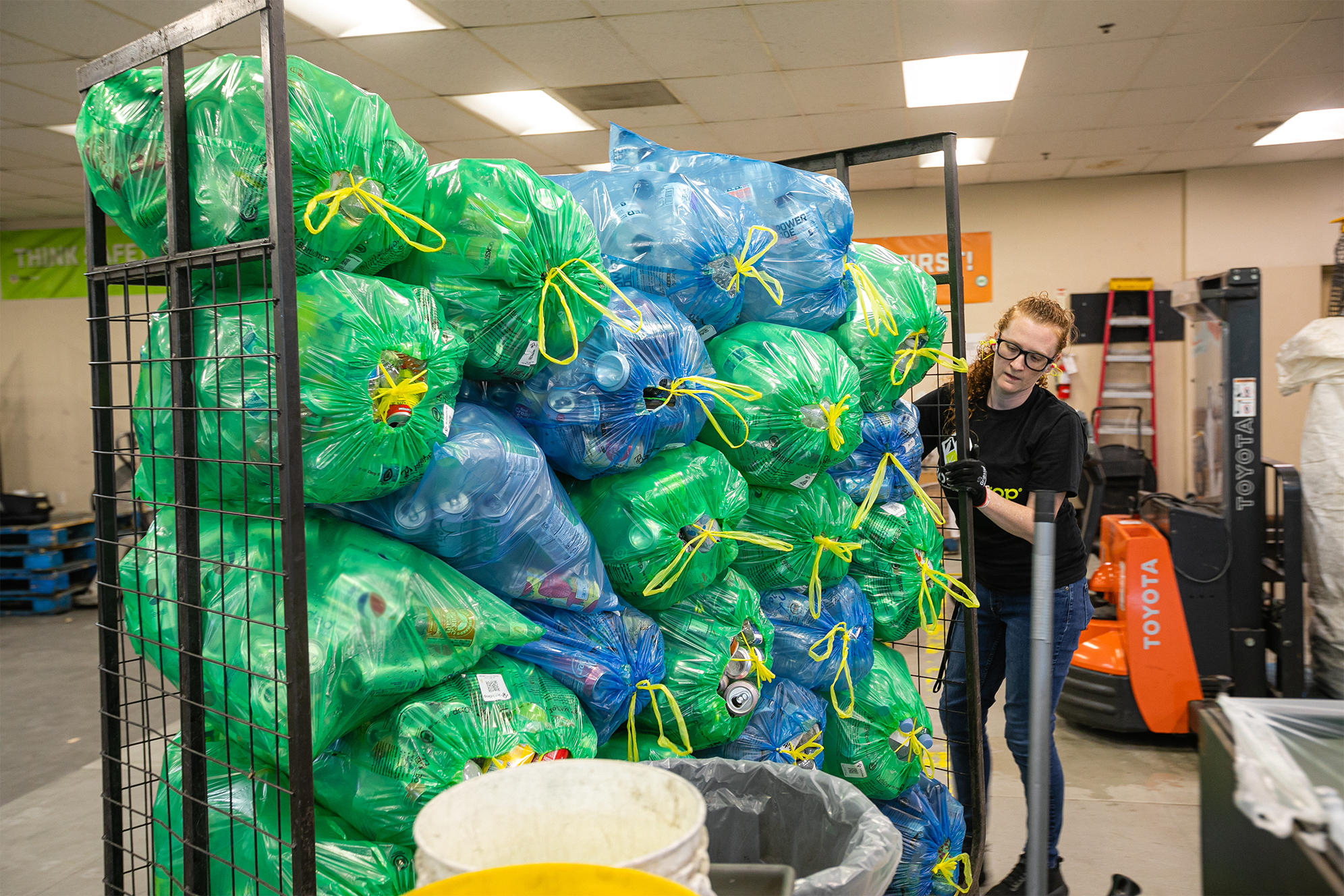
Industry responsibility means no taxpayer expense
Over time, beverage distributors joined forces to carry out their stewardship responsibilities in the Bottle Bill. In 2009, distributors formed the Oregon Beverage Recycling Cooperative (OBRC), a single not-for-profit co-op created and governed by beverage distributors to operate the statewide container return program. OBRC now employs 500 people across Oregon in green jobs ranging from material handlers, processing plant employees and redemption center staff to truck drivers and administrative, financial and information technology staff, all in a statewide, vertically integrated container return system – and all provided at no taxpayer expense.
Avoids handling fees
The Oregon Model simply defines what consumer access to the system should look like and requires that industry provide it, which is accomplished through the statewide cooperative system. Approaches to consumer access in other states have not been similarly streamlined. Some states attempt to use handling fees to entice private redemption centers to open and operate. These per-container payments are often inefficient, may require sortation by brand, are prone to fraud, have proven unreliable in incentivizing the deployment of consumer access points and rely on an economic model that is vulnerable to inflation.
Industry consolidation and vertical integration through OBRC and the BottleDrop network allow the Oregon Model to avoid these pitfalls. With essentially one not-for-profit operator carrying out a statutory requirement, there is no need for handling fees, brand sortation or other similar approaches. This structure also avoids for-profit operators at every step of the system, ensuring that consumer access and recycling outcomes are top-of-mind, as opposed to generating profit.
A seamless statewide network also means that it doesn’t matter where in Oregon a container is purchased or where it is returned for a refund – a critically important development for system convenience and efficiency. This allows for popular options like the Green Bag program and the deployment of full-service BottleDrop Redemption Centers, making it easier than ever for consumers to return containers, while maintaining one of the lowest processing costs in the world.
Investing unclaimed refunds into the operation of the network
In the Oregon Model, the state does not play a role in the collection of deposits or the payment of refunds. Rather, the beverage industry is responsible for paying refunds directly to consumers (or reimbursing retailers who have paid refunds to consumers). Any unclaimed refunds are invested directly into the operation of the system, meaning that not only does the program require zero taxpayer funding, but consumers who choose to participate and responsibly redeem their containers also pay virtually nothing to enjoy the system’s litter reduction and recycling outcomes.
That means the full operating costs of the system are shared by consumers who choose not to recycle their containers through the Bottle Bill and the beverage industry itself. In that way, the system applies financial responsibility very precisely to encourage participation and ensure responsible consumers avoid costs.
Retaining scrap means high-quality recycling outcomes
Because the Oregon Model is so effective at getting containers back, it also provides a reliable source of high-grade glass, metal and plastic materials. All of the containers in Oregon’s system are processed domestically, with nothing sent overseas. Glass and plastic are sent to facilities right here in Oregon for their next level of processing, and aluminum is sent to recycling facilities in the Midwest and the South to become sheet aluminum for the manufacturing of new cans.
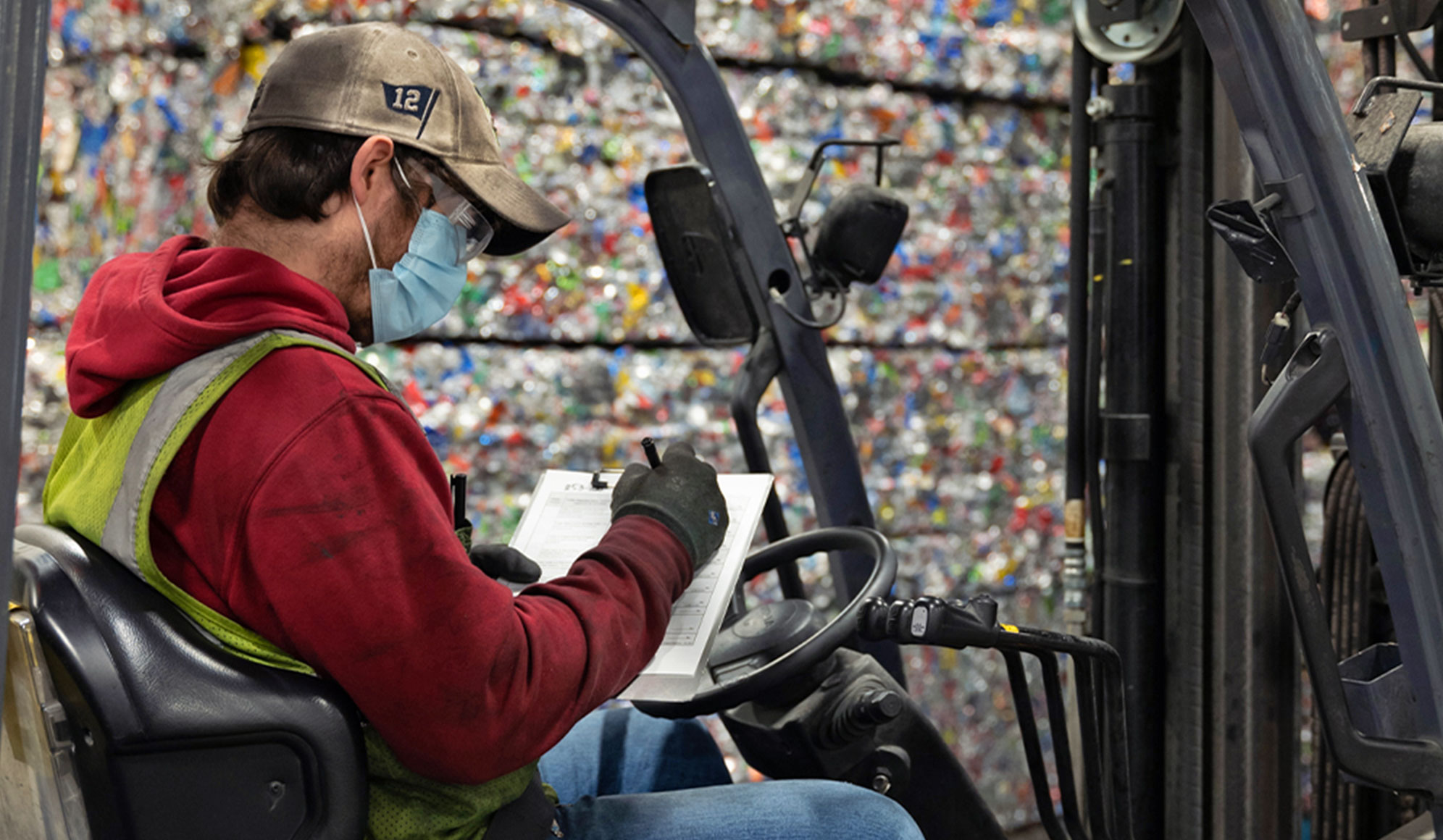
Getting a large volume of materials back, and at the highest possible quality, is increasingly important for the beverage industry, as state legislatures across the country adopt recycled content policies for beverage containers. Those policies create the need for a reliable supply of high-quality recycled material, which is a big advantage of Oregon’s system and yet another example of how the Oregon Model can help achieve public policy aspirations through industry stewardship and partnership.
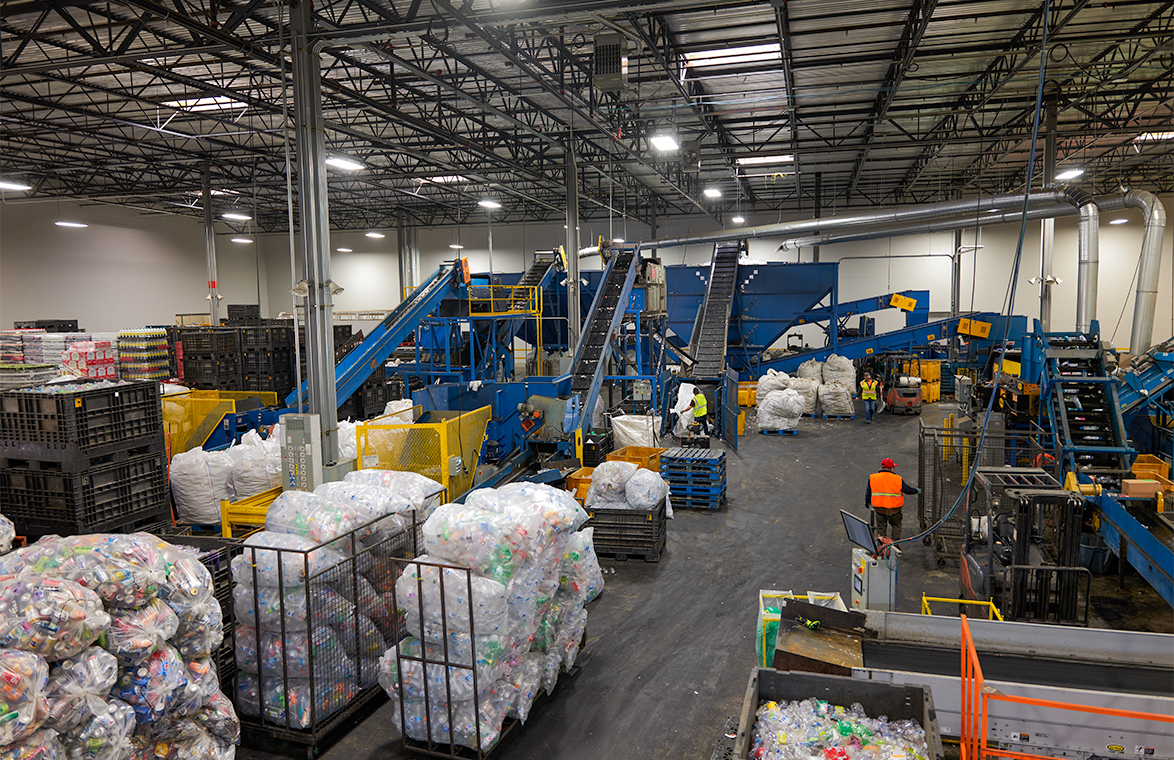
Bottle Bills can dramatically improve recycling rates and protect the quality of materials
Oregon’s Bottle Bill
- History of Oregon’s Bottle Bill
- Oregon’s Bottle Bill Today
- What’s Special About the “Oregon Model”
